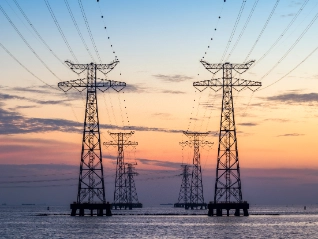Atradius Atrium
Ny kundeportal som gir deg direkte tilgang til poliseinformasjon, kredittgrenseverktøy, i tillegg til Atradius Insights og Atrium.
 Norge
Norge







Visning 7 ut av 14
Discover how the global economy is navigating trade tensions and uncertainty, with AI investment driving resilience and shaping growth prospects for 2026 and...


Industry growth slows as global trade applies the brakes

Can South Africa's GNU party overcome tensions and structural challenges to unlock GDP growth?

US tariffs, geopolitics and lower demand trigger a contraction of global automotive production in 2026

Tar...

Pharmaceuticals businesses throughout the world are reviewing their operational and...

Chemicals production growth projected to slow in 2025/2026 due to US tariffs
Visning 7 ut av 206